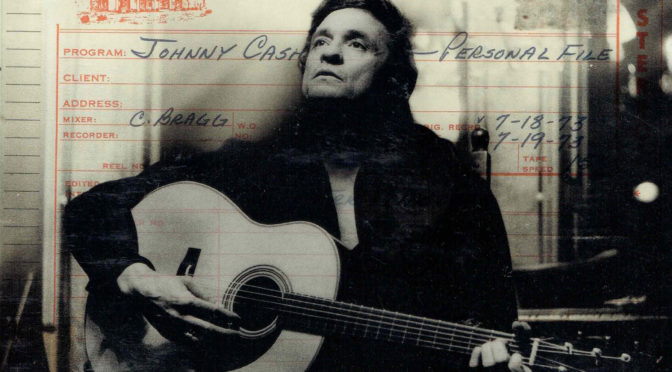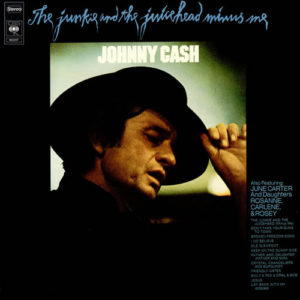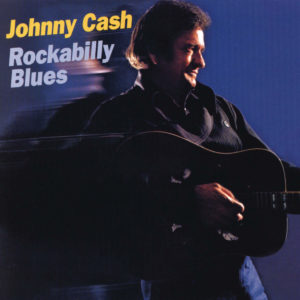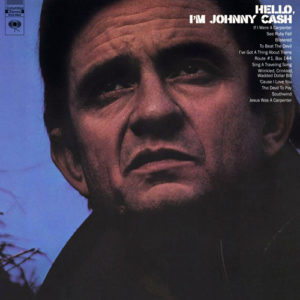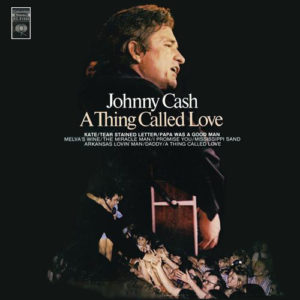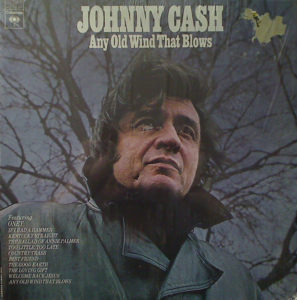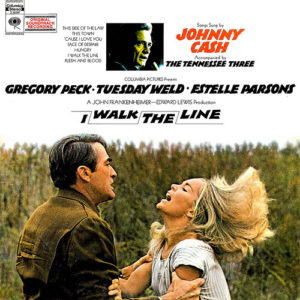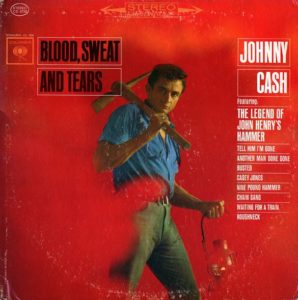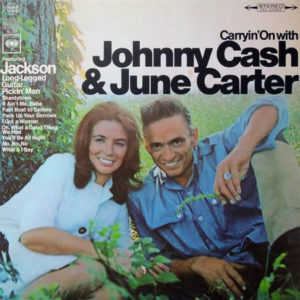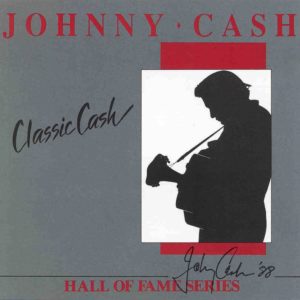A list by Syd Fablo and Bruno Bickleby
Introduction
Born: February 26, 1932, Kingsland, AR, United States
Died: September 12, 2003, Nashville, TN, United States
Johnny Cash, The Man in Black, is an iconic figure in American popular music. His deep bass-baritone voice and his bold — if sometimes contradictory — image made him a legend. He was raised on a New Deal cotton farm in Dyess, Arkansas. He served in the U.S. Air Force in Germany. He settled in Memphis, Tennessee and there broke into the music business. He was highly popular in the 1960s and early 1970s, but his popularity waned in his later years before a surprise comeback in the 1990s. Though ostensibly a “country” musician, he never quite fit the standard mold of a country artist. He didn’t sing with a country yodel or affected twang, and he usually didn’t wear a cowboy hat or cowboy boots. Even posthumously he still has a significant following of listeners with no interest in country music in general. His music doesn’t always appeal to very young listeners. Many only appreciate him when they get older. Although he certainly crossed paths with the Nashville country music establishment his career never depended on it, which bolstered his image as a singular and unshakable personality who always set his own rules and did things his own way. Unlike other stars, like Elvis or Willie Nelson, Cash never maintained a big entourage.
Much of Cash’s music is built around a simple “boom-chicka-boom” rhythm, with instrumentation that lacks the twang, pedal steel guitar, fiddle, and other elements frequently associated with mainstream country music. He had no formal musical training. Lyrically, Cash’s music often focuses on law breakers, the ordinary working man, the christian religion, work, love, and liberty. Through much of that, he blends a lot of humor, down-to-Earth wisdom, and rural pride delivered with a plainspoken tone that recalls Ulysses S. Grant. In his second autobiography he said,
“I endorse Kris Kristofferson‘s line about me, ‘He’s a walking contradiction, partly truth and partly fiction.’ I also like Rosanne‘s line, ‘He believes what he says, but that don’t make him a saint.'”
He struggled with drug addictions much of his life, and had numerous health problems in his old age.
Cash’s recorded catalog can be difficult to encapsulate. For one, he recorded a lot. Many damn his full-length albums with faint praise: lots are good, but few are consistently great. Some critics particularly dismiss his albums of the 1960s, though Cash disagreed and retorted that his 60s concept albums are some of the works he’s most proud of. Regardless of the specifics, even the lesser albums tend to have at least a few good songs. But this often leaves listeners grasping for compilations, many of which gravitate to a Cash cannon that omits a surprising amount of excellent work. Of course, there are the prison albums. He made three (or four), and two were his biggest commercial successes and the bedrock of much of his lasting fame.
Country Boy: The Early Years; 1950s
Cash’s big break came when he landed a recording deal with the iconic Memphis label Sun Records, run by Sam Phillips, the label that was at the epicenter of early rock ‘n roll. He also was in The Million Dollar Quartet, with the label’s other biggest stars, though he isn’t distinctly audible on any extant recordings of that group. Though Cash had an interest in gospel music, his earliest sides were mostly country with a rock ‘n roll undercurrent and a whole lot of signature Sun Records reverb. He soon signed over to the major label Columbia Records when his early success presented that opportunity.
Continue reading “Johnny Cash: A Guide to the Music of The Man in Black”

